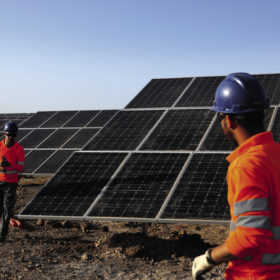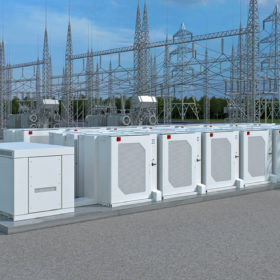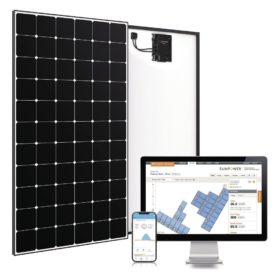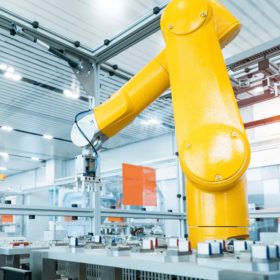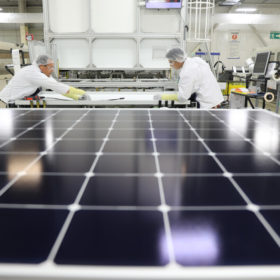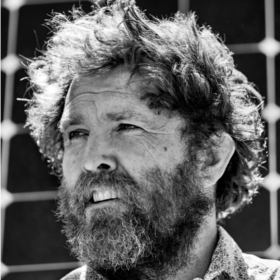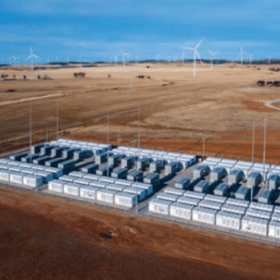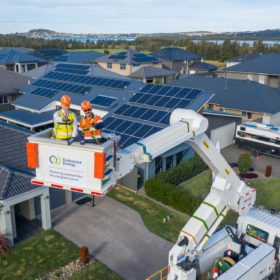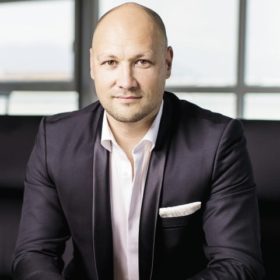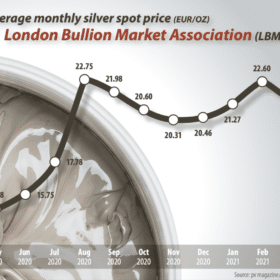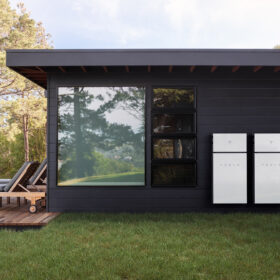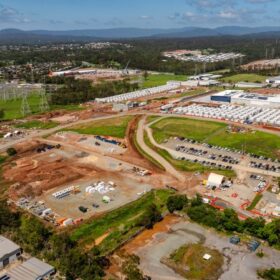Rystad: Residential solar soars past C&I in 2021
Renewable energy and battery storage has racked up another banner year in 2021, according to end-of-year analysis from Rystad Energy. While there was growth across segments, residential solar has seen the most impressive gains, surpassing the commercial and industrial (C&I) segment for the year.
5-minute settlement, battery smarts make Hazelwood battery a reality
The impression of another big battery being installed on the site of one of Australia’s recently decommissioned “coal clunkers” was lost on few. Battery system provider Fluence says the Hazelwood Battery Energy Storage System’s business case was bolstered by recent reforms and new technology to take advantage of rapidly changing wholesale electricity market dynamics.
Saturday read: Supplying across, through APAC market segments
One year on from its spinoff from SunPower, cell and module maker Maxeon Solar Technologies is looking to supply both “across and through” the solar market segments in the Asia-Pacific region. Chris O’Brien, the vice president of APAC for Maxeon, says that the region is set to grow in importance among PV marketplaces, with opportunities on the home, business and free field.
Made-in-WA cathode precursor plant gets underway
Construction has begun on a manufacturing pilot project to see battery-grade nickel, cobalt and manganese for precursor battery cathode materials (PCAM) in Perth. The facility is expected to be completed in early 2022 and is one of a number of developments that will look to establish Western Australia (WA) as a materials supplier to the growing battery manufacturing industry.
Industry veteran warns of looming supply chain disruption
Australia’s module supply landscape could experience a supply shock as legislation looms to stamp out the use of forced labor. Chris O’Brien, Maxeon Solar Technologies VP for the APAC region says that the measures that have left modules stranded at the U.S. border could very well occur in Australia soon.
Saturday read: Stage set for truce in Australia’s climate culture war
The highly polarised debate regarding renewable energy and action on climate change that has too long been a feature of the Australian political landscape could change, and change quickly, says Saul Griffith. The entrepreneur, scientist, and energy analyst is adding author to his job description next month with the release of his book “Electrify”, and he’s betting on a rapid transformation of the discussion within Australia as the advantages of “electrifying everything” become clear.
Sunday read: What’s in store for storage
As solar and wind make up larger portions of the energy mix, energy storage is becoming an increasingly important piece of the puzzle in keeping electricity networks running smoothly. And as battery costs fall, new business models are emerging to increase the value of battery energy storage projects for both grid operators and project owners. Focusing on two leading countries – the United Kingdom and Australia – pv magazine looks at what’s in store for large-scale energy storage.
Saturday read: In conversation with UNSW’s Anna Bruce on distributed transformation
The time is now for the energy consumer, says Anna Bruce, as energy “prosumers” produce, consume, and provide electricity and grid services in previously unimagined ways. Bruce, a senior lecturer at the University of New South Wales’ School of Solar Photovoltaic and Renewable Energy Engineering (SPREE), leads work on the role of distributed energy resources in the energy transition, analysing firsthand the dizzying level of complexity it brings.
Saturday read: rethinking degradation
PV module making is a brutally competitive industry. And for Slovenian module maker Bisol, in business since 2004, one of the keys to success has been to remain focused on the value its products deliver to the customer. And as company founder and CEO Uroš Merc explains, in 2021 this means reimagining module degradation.
Sunday read: All that glitters is HJT
The devil is in the details, as they say, and when it comes to the next generation of mass-produced, high-efficiency PV cells, silver costs may be devilishly hard to reduce. Making things worse, prices for the precious metal are now heading in the wrong direction.

